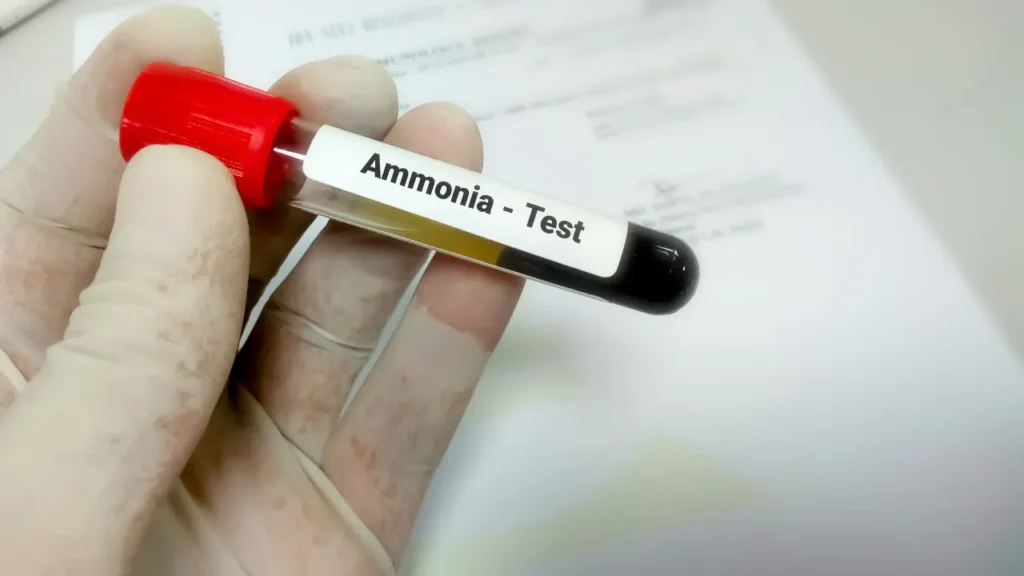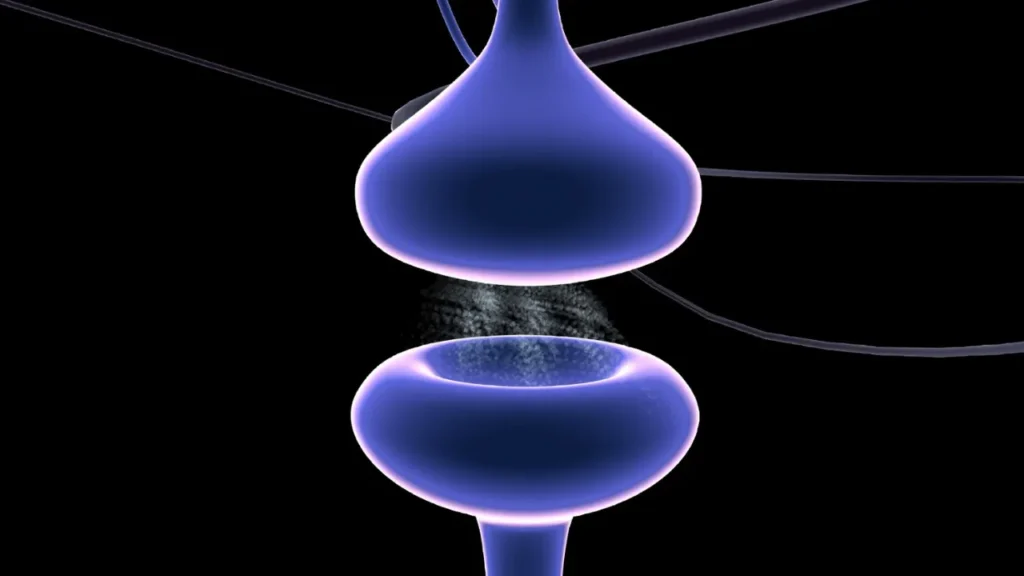Aspartate phenylalanine N-acetylglutamate, sometimes known as aspen, is a nutritional supplement that has recently attracted the interest of scientific nutritionists due to its possible health advantages. Despite its rising popularity, little is known about its ideal dosage, side effects, and potential drug interactions. This article’s goal is to provide a thorough examination of the aspen, including information on its chemistry, physiological properties, advantages for health, potential drawbacks, and its appropriate use.
You May Also Like:
Keep Your Brain Young With the 5 Most Powerful Nootropic Supplements
Finding the Best Supplements for Brain Fog After COVID: 5 Top Brands Reviewed
Aspen: Benefits, Dosage, Side Effects, Drug Interactions, And Other Important Information is an original (NootropicsPlanet) article.
The Nature of Aspen
Its distinctive blend of the three amino acids aspartate, phenylalanine, and N-acetylglutamate makes it an excellent nutritional supplement. Several physiological functions in the human body, including protein synthesis, the production of energy, and the operation of neurotransmitters, depend on amino acids. It is believed that the mix of these amino acids in aspen is a factor in any of its potential health advantages.
Being a non-essential amino acid, aspartate can be produced by the body on its own. It serves as a substrate for the production of other amino acids and is vital to the tricarboxylic acid (TCA) cycle, a critical cell energy-producing mechanism. Contrarily, the body is unable to manufacture phenylalanine, making it a necessary amino acid that must be consumed through a healthy diet. The neurotransmitters called dopamine, norepinephrine, and epinephrine, which control mood, memory, and cognitive function, are all precursors to phenylalanine. In the urea cycle, which detoxifies ammonia, a consequence of protein synthesis, N-acetylglutamate is a crucial co-factor.
Health Benefits
Although research on aspen’s health advantages is still ongoing, some studies have shown encouraging findings. These potential advantages include:
- Cognitive Enhancement: A rat study found that taking aspen supplements raised the brain’s concentrations of neurotransmitters including dopamine and norepinephrine, which improved memory and learning (1). More studies are required to validate these results in people, but they do hint that aspen can be useful as a cognitive enhancer.
- Antioxidant Effects: Research has proven that the ingredients in aspen (aspartate and phenylalanine) have strong antioxidant properties, which can help shield cells from oxidative stress and damage brought on by free radicals (2). This can lead to an improvement in general health and a decreased risk of chronic conditions brought on by oxidative stress, such as heart disease and neurological diseases.
- Detoxification: As was already noted, N-acetylglutamate is an essential part of the urea cycle, which detoxifies ammonia. The prevention of hyperammonemia, a condition marked by an excessive level of ammonia in the blood that can result in neurological disorders, may be facilitated by aspen by assisting this process. Hyperammonemia is characterized by an excessive amount of ammonia in the blood.

Chemistry and Physiological Properties of Aspen
Aspartate, phenylalanine, and N-acetylglutamate are the three amino acids used to create the molecule known as aspen. The components of proteins and amino acids are also essential for the synthesis of proteins. The metabolism of energy, and the production of neurotransmitters are also important. The three amino acids that makeup aspen’s ingredients are thought to be responsible for some of its possible health advantages.
Being a non-essential amino acid, aspartate can be produced by the body on its own, as was previously mentioned. It is a building block for the production of other amino acids and participates in the tricarboxylic acid (TCA) cycle, a vital step in the cellular process of generating energy. On the other hand, phenylalanine is an essential amino acid that must be supplied from a healthy diet since the body is unable to synthesise it. The neurotransmitters dopamine, norepinephrine, and epinephrine, which are essential for mood control, memory, and cognitive function, are precursors of dopamine. In the urea cycle, which is in charge of detoxifying ammonia, a consequence of protein breakdown, N-acetylglutamate is a crucial cofactor.
Physiological Properties of Aspen
Aspartate, phenylalanine, and N-acetylglutamate are three of aspen’s constituent amino acids, and they have been used to generate a number of ideas regarding how these amino acids interact to cause aspen’s effects on the body and brain. It is believed that each of these amino acids contributes to aspen’s overall effect through a different method.
- Aspartate: Aspartate participates in the tricarboxylic acid (TCA) cycle, which is a critical step in the production of energy in cells, as a non-essential amino acid. Aspartate participates in the conversion of other substances and helps produce adenosine triphosphate (ATP), the main energy source for cellular functions, as part of the TCA cycle. Aspartate additionally supports protein synthesis and cellular function by acting as a substrate for the production of other amino acids.
- Phenylalanine: This is a necessary amino acid that serves as a precursor to a number of neurotransmitters, such as dopamine, norepinephrine, and epinephrine. These neurotransmitters are essential for the control of mood, memory, and cognitive processes. Phenylalanine is hypothesized to contribute to enhanced cognitive function and improved mood by providing the essential building blocks for neurotransmitter production. Additionally, it has been demonstrated that phenylalanine possesses antioxidant properties, which can aid in shielding cells from oxidative stress and harm brought on by free radicals.
- N-acetylglutamate: A vital component in the urea cycle, N-acetylglutamate is in charge of detoxifying ammonia, a byproduct of protein metabolism. Ammonia must be effectively evacuated from the body because it is hazardous to it, especially the brain. Ammonia is transformed into urea by N-acetylglutamate, which is then eliminated by the kidneys. N-acetylglutamate can assist in preserving normal ammonia levels and lowering the danger of hyperammonemia, a condition marked by excessive ammonia in the blood that can cause neurological issues. This is because it supports the urea cycle.

Optimal Dosage
Finding the ideal supplemental dosage is difficult given the scant research on aspen. Since numerous amounts have been used in research so far, it is challenging to determine the optimal dosage for various populations. Before beginning aspen supplementation, it is advised to speak with your healthcare provider to establish the right dosage based on your specific needs and medical conditions until more research is available.
Side Effects
As of right now, not enough information is available to give a thorough assessment of aspen’s potential negative side effects. When consumed in moderation, it is generally regarded as safe because it is made up of naturally occurring amino acids. It is important to remember that consuming too much of any one amino acid might cause an imbalance in the body’s total amino acid makeup, which could lead to very unfavorable effects. Because of this, it is crucial to use aspen sensibly and under your doctor’s supervision.
Potential Substance Interactions
As with any dietary supplement, there is a chance that aspen will interact with other drugs or supplements. Consider the following examples of possible interactions:
- Inhibitors of Monoamine Oxidase (MAOIs): There may be a possible interaction between aspen and MAOIs since phenylalanine, a component of aspen, is a precursor to neurotransmitters like dopamine and norepinephrine. MAOIs are drugs used to treat depression and other mood disorders. MAOIs function by preventing the monoamine oxidase enzyme from degrading neurotransmitters. When aspen and MAOIs are taken together, it can result in higher levels of neurotransmitters, which could have negative side effects such as raised blood pressure, a rapid heartbeat, and agitation. Before using aspen with MAOIs, seek advice from your medical expert.
- Levodopa: Parkinson’s disease is frequently treated with the drug levodopa. It functions by raising the brain’s dopamine levels. There may be a connection with this because aspen contains phenylalanine, which can also raise dopamine levels. When the two medications are combined, there may be an increase in dopamine levels, which could have negative consequences like nausea, vomiting, and a faster heartbeat. Before using aspen with levodopa, seek advice from your medical professional.
- Antipsychotic Drugs: Some antipsychotic drugs, such risperidone and haloperidol, function by obstructing dopamine receptors in the brain. Aspen may raise dopamine levels, which means it might negate the effects of these drugs. Before combining aspen with antipsychotic drugs, again, you must speak with your medical practitioner.

Responsible Use
- Speak with a healthcare provider before beginning an aspen supplement, especially if you have any pre-existing medical issues, are pregnant or nursing, or are taking drugs or other supplements, in order to guarantee the best responsible use of aspen.
- Adhere to the dosage recommendations that your healthcare provider has given you. To avoid negative side effects and amino acid imbalances, limit your intake.
- Keep track of how your body reacts to supplements and let your doctor know if anything goes wrong.
- Use a reliable, high-quality aspen supplement to guarantee its security and effectiveness.
Aspen:
Conclusion
There is still much to learn about the precise physiological processes by which aspen affects the body and brain. However, it is speculated that the substance might support a number of physiological functions by interacting with particular enzymes and receptors. Aspartate and phenylalanine, for example, can improve the production of neurotransmitters by acting as precursors, and N-acetylglutamate can promote the urea cycle and aid in the body’s ammonia removal. Due to all of these scientific studies, it is a crucial reminder to talk to a doctor before starting any supplement, whether it is aspen or any other.

References:
- The role of N-acetylglutamate in the urea cycle and ammonia detoxification. Retrieved from: https://www.nature.com/articles/s41598-018-23365-8
- The potential risks of excessive amino acid intake. Retrieved from: https://www.ncbi.nlm.nih.gov/pmc/articles/PMC4897106/
Important Note: The information contained in this article is for general informational purposes only, and should not be construed as health or medical advice, nor is it intended to diagnose, prevent, treat, or cure any disease or health condition. Before embarking on any diet, fitness regimen, or program of nutritional supplementation, it is advisable to consult your healthcare professional in order to determine its safety and probable efficacy in terms of your individual state of health.
Regarding Nutritional Supplements Or Other Non-Prescription Health Products: If any nutritional supplements or other non-prescription health products are mentioned in the foregoing article, any claims or statements made about them have not been evaluated by the U.S. Food and Drug Administration, and such nutritional supplements or other health products are not intended to diagnose, treat, cure, or prevent any disease.


